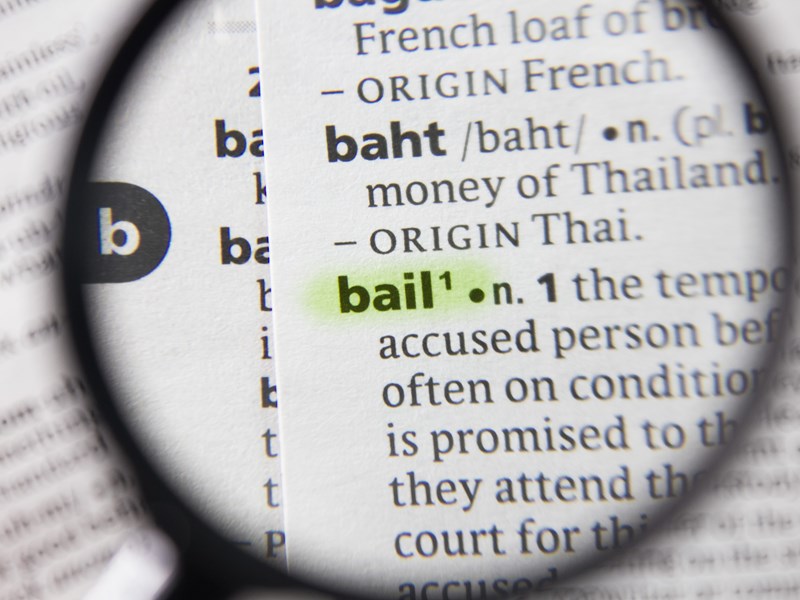

When James Gargasoulas killed six people and injured many others in the January 2017 Bourke Street car attack he was out on bail.
The attack led to a review, and then a tightening of, Victoria’s bail laws, making them the toughest in the country.
But that, following earlier tightening of bail provisions in 2013 and 2016, also led to a large spike in the number of prisoners being held on remand.
In 2013 only 17.9 per cent of all people in prison in Victoria were unsentenced. By June 2022, that number had increased to 42.2 per cent.
Watch selected highlights of the Legislative Assembly debateThose changes had a ‘disproportionate impact on people who were already experiencing significant disadvantage, with a particular impact on Aboriginal people, people with disabilities, children and women,’ according to Police Minister Anthony Carbines.
‘Ultimately, the net was cast too wide,’ he told the Legislative Assembly in his Second Reading speech.
The Bail Amendment Bill 2023 seeks to correct that with a range of changes, including narrowing the application of the 'reverse onus' test to only the most serious offences, refining the 'unacceptable risk' test and removing two bail related offences. It will also clarify how bail decisions for children and Aboriginal and/or Torres Strait Islander peoples should be made including what circumstances need to be considered before refusing bail.
The new legislation is the subject of a Parliamentary Library Bill Brief.
The paper outlines the amendments made in 2013, 2016 and 2017-18 and presents their impact on increasing Victoria’s prison population.
It also details the changes proposed by the legislation, including changes to granting bail to children, Aboriginal and Torres Strait Islander peoples and sets out the responses of political parties, legal experts and other stakeholders.